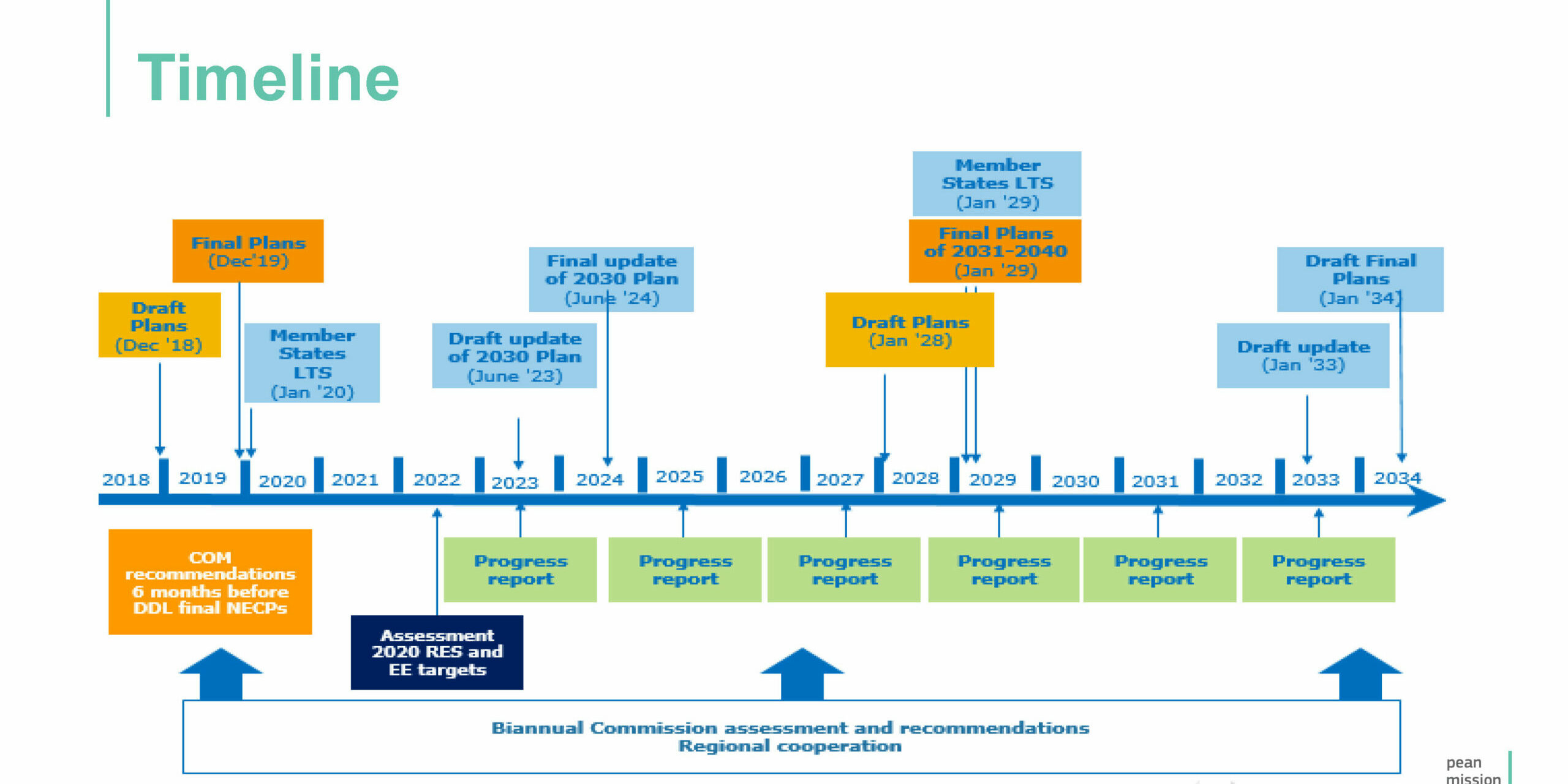The “Roadmap for the Development of a Functional National Greenhouse Gas (GHG) Emissions Inventory System – Problems Encountered” online regional workshop was organized by the EU4Climate project on May 11-12 for over 90 government representatives and national GHG inventory experts from the four Eastern Partnership countries (Armenia, Azerbaijan, Georgia, Moldova). It focused on enhancing their technical expertise and capacity for the introduction of robust domestic emissions monitoring, reporting and verification (MRV) frameworks, in accordance with the new Transparency Framework under the Paris Agreement.
The regional workshop provided a platform to learn from global best practices and to exchange knowledge and experience among policymakers and practitioners from the EU Eastern Partnership countries and international experts.
MRV is an important tool in combating climate change presented by a group of measures to collect data on emissions, mitigation action, and support. Establishing a national MRV system is a requirement of the UNFCCC Enhanced transparency framework and a key instrument to report progress with countries’ NDCs. MRV system helps countries to report on the implementation of its NDCs, the changes in emissions and also report projections of emissions with measures in place. Reporting of NDC progress is mandatory to receive climate finance under the Paris Agreement as it provides accurate data for large-scale investments required to reduce emissions. The basis for an MRV system is the National Inventory Report (NIR) in which countries provide information about the development of GHG emissions from the different source and sink categories.
In his welcoming speech Joakim Frendin (EU DG NEAR) emphasized: “For Georgia, Moldova and Ukraine progress on MRV systems is crucial to meet the criteria for the EU membership in this sector”. He added that this is a process that takes considerable time and effort, and DG NEAR is committed to supporting these processes through the EU4Climate, also funds are planned to ensure that the support will continue. “The MRV roadmaps that have been developed by the EU4Climate will be an extremely useful resource in this regard and DG NEAR will provide advice and assistance now and in the future processes,” said Joakim Frendin.
On behalf of UNDP, Laura Altinger, the Regional Team Leader for Nature, Climate and Energy (Bureau of Policy and Programming Support, UNDP) noted that the EaP region undergoes a full of challenges year, meanwhile the EaP countries are keeping the climate change in their priorities. “Substantial progress in the region was made to update the NDCs. MRV systems are key building blocks of the carbon market. Credible information on the emissions is the fundamental underline basis for the emissions tracking system”, she said.
Within the EU4Climate project, the Environment Agency Austria (EAA) provided technical expertise and capacity building to the EaP countries on the introduction of robust domestic emissions monitoring, reporting and verification (MRV) frameworks, in accordance with the new Transparency Framework under the Paris Agreement. Johannes Mayer (Environment Agency Austria) referred to the high attendance of the event which shows all are aware of the importance of the climate issues. He said: “Austria can share its organization and technical experience accumulated over the years. We had the chance to develop the Austria MRV system and are glad to share it with EaP countries”.
The welcoming speeches were followed by presentations on the current stage of the MRV system in EaP countries. Reporting requirements under the Regulation (EU) 2018/1999 on the Governance of Energy Union and Climate Action and how the EU progress in implementing the EU’s NDC and MSs cooperation is tracking was presented by Izabela Grundova). She described in detail how to meet Energy Union objectives notably the 2030 targets. Streamlining of planning and reporting, allowing for investor certainty and predictability, and synchronizing cycles with the Paris Agreement were shared for the EaP country representatives to discuss.
Practical experiences from the EU on the example of the Croatian National MRV system were shared by Visnja Grgasovic. She presented the legislative framework of the system, its institutional arrangements, structures, methodologies and guidelines for GHG inventory in the example of Croatia.
Technical expertise and capacity building by the EAA resulted in a review/gap analysis of the existing greenhouse gases inventory systems in Armenia, Azerbaijan, Georgia, and Moldova, thus identifying countries’ needs. This served as a basis for the development of the national inventory systems, in line with the UNFCCC transparency requirements, building on the EU experience and tailored to specific national circumstances. Important results included the strategic roadmaps for further development and operationalization of the national GHG Inventory and MRV systems.
The main findings in the gap analyses showed that there are several common issues found in all countries such as the establishment of a stable institutional arrangement for the national inventory systems, so Ukraine’s example was shared as a good case of how those issues can be addressed. Igor Onopchuk (Centre for GHG Emissions Inventory, Ukraine) presented Legal and Institutional Arrangements for the GHG Inventory in Ukraine. He described the legal framework of the GHG inventory in Ukraine, the institutional arrangements of the GHG inventory, and the main lessons learned from the preparation of the National Inventory Report.
Presentation on the inventory preparation process to review and highlight current issues accompanied by the roadmaps and the common themes and suggestions was brought to the discussion by Maria Purzner (EAA). Facilitated by Maria Purzner and Olga Gassan-zade (UNDP), the following key thematic areas were discussed:
- Acquisition of higher quality data, resolving data gaps and times series consistency: issues and challenges
- Legal frameworks for the MRV system: barriers, goals, experiences
- Establishing and supporting stable expert teams
The quality assurance and quality control (QA/QC) system requirements presented by Maria Purzner, provided examples of how to implement it leading to intense discussions.
All presentations are available here.



